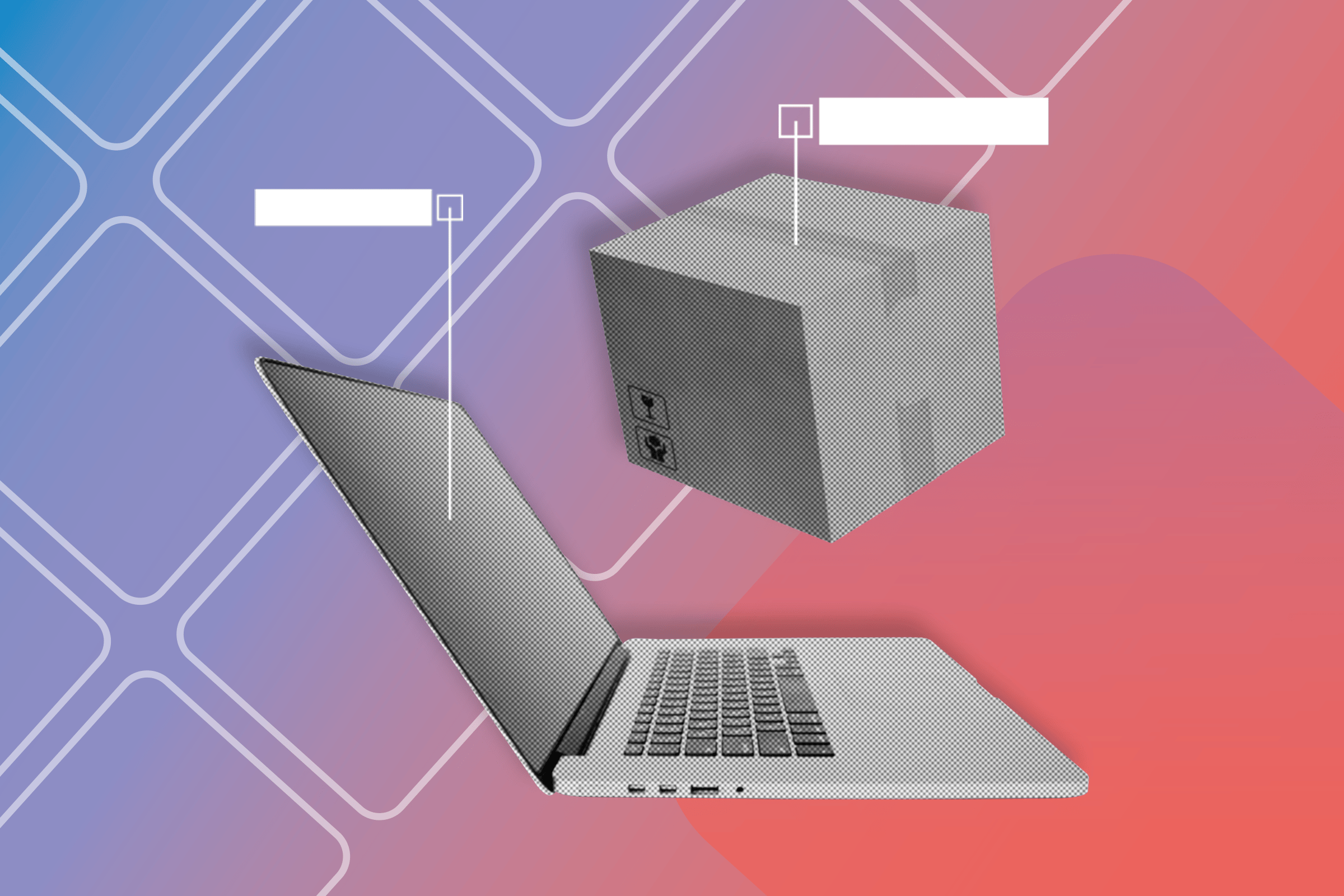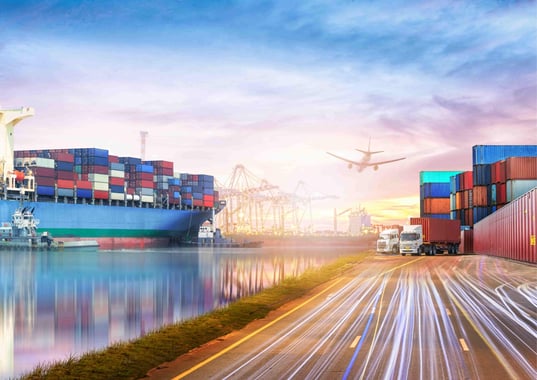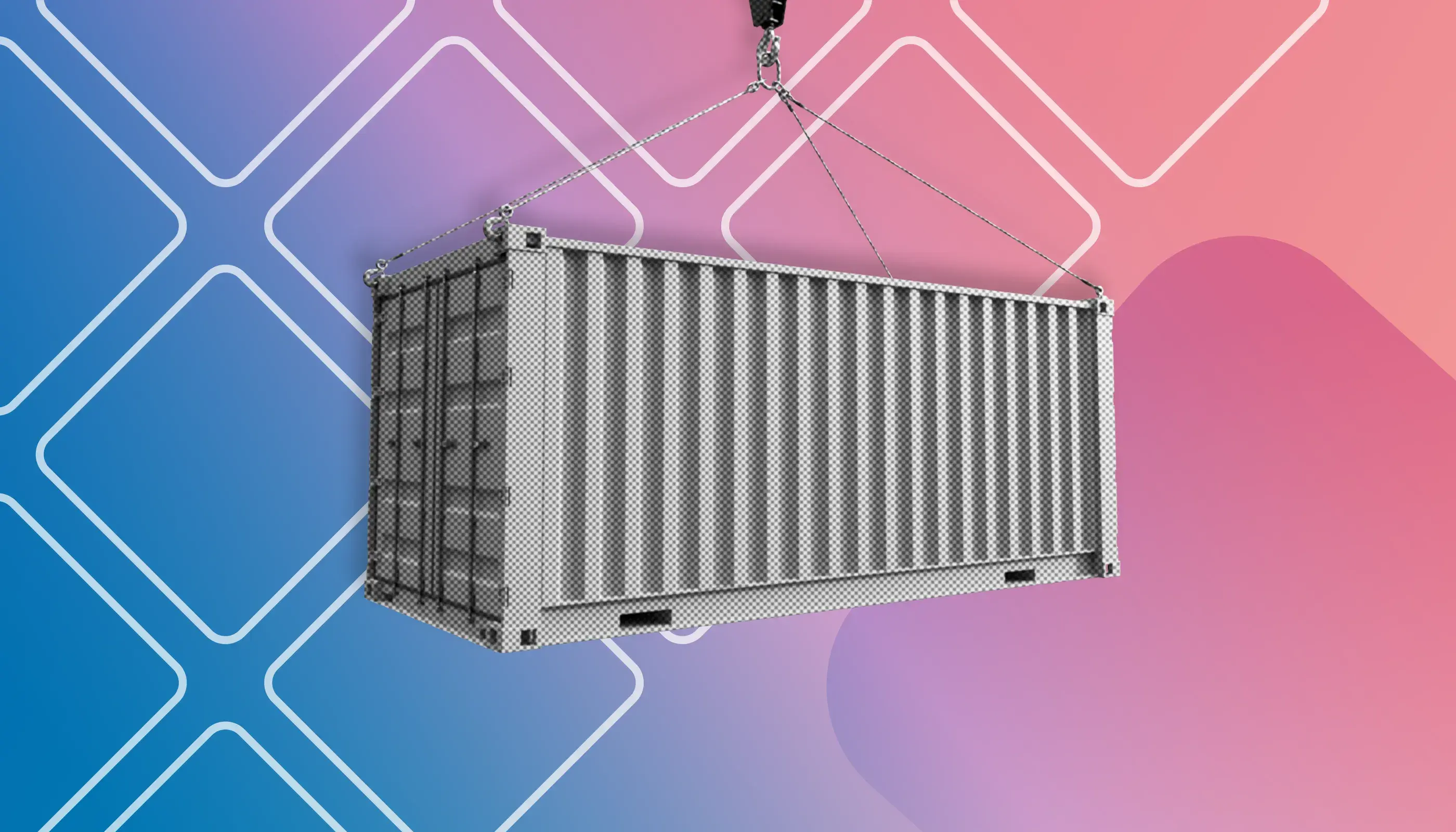Freight forwarder: definition and role in the supply chain
As a specialized intermediary, the freight forwarder facilitates the management of logistics operations, supervises administrative formalities and selects transport solutions adapted to each situation. Discover in this article their missions, responsibilities and place in the supply chain.

In the transport and logistics industry, every shipment relies on precise organisation to meet deadlines and comply with regulations.
The freight forwarder plays a key role in the shipment of goods, by coordinating their transport via several modes: sea, road, air or rail.
What is a freight forwarder?
The freight forwarder is often considered the conductor of the logistics orchestra.
Commissioned by the shipper or the payer, this professional's mission is to organise and supervise the transport of goods between a sender and a recipient. The freight forwarder does not just coordinate the transport: they assume full legal responsibility for it. This includes handling the goods, selecting carriers, managing administrative formalities and final delivery.
The freight forwarder acts in their own name, but always on behalf of their clients. One of the main features is their freedom in choosing carriers and operators, which allows them to offer optimal solutions adapted to each transport mission.
What are the missions of a freight forwarder?
The freight forwarder carries out several missions which vary according to the specific needs of the shippers. Here is an overview of the main functions that a freight forwarder can perform:
1. Organisation of shipments
The freight forwarder selects the most suitable modes of transport, whether air, sea or land, according to the constraints of cost, time and safety.
2. Negotiation with carriers
The freight forwarder seeks out the best logistics partners in terms of costs, deadlines and reliability.
3. Management of administrative formalities
From transport to customs, each shipment generates a multitude of documents to process. The freight forwarder ensures that all procedures are carried out correctly, thus guaranteeing the smooth running of operations and avoiding delays.
4. Monitoring and management of unforeseen events
Real-time monitoring of shipments, with rapid intervention in the event of problems (delays, losses, damages).
5. Advice and assistance
Depending on the specific characteristics of the goods (fragile, bulky, perishable), the freight forwarder selects tailor-made solutions to guarantee optimal and secure transport.
Freight forwarder (Commissionaire) vs. Freight Broker (Transitaire): what differences?
It is easy to confuse the role of the freight forwarder with that of a freight broker. What then are the main differences between these two service providers?
The role of the freight broker in logistics
The freight broker’s mission is to organize the transport by orchestrating the collaboration between the different players in the logistics process: carriers, customs officers, shippers, etc. Their role is to coordinate and facilitate each step, ensuring that everything takes place in accordance with your requirements and current regulations.
Although they simplify your operations, they act as an intermediary, without taking direct legal responsibility for your goods in transit in the event of a problem.
The role of the freight forwarder in logistics
The freight forwarder goes further and takes full responsibility for the entire transport operation. They offer you a turnkey service by acting in their own name and taking charge of the logistics and risks linked to transport. Their legal responsibility therefore includes managing potential problems, such as damage or delays.
| Aspect | Freight Forwarder | Freight broker |
| Main role | Organises and supervises transport on behalf of a client | Facilitates customs formalities for import/export |
| Responsibility | Responsible as a carrier for the proper execution of the contract | Responsible only for their own faults |
| Scope of action | Transport on all types of modes (road, sea, etc.) | Especially in international multimodal transport |
How does a freight forwarder operate?
The operation of the freight forwarder is based on its ability to orchestrate each logistical stage. In practice, this is how they act:
1. Customer-needs analysis des besoins du client
The freight forwarder begins by studying the particularities of the goods and the requirements of the payer (time limits, budget, special conditions).
2. Planning and choice of service providers
They select carriers and other participants (insurers, customs) by relying on their network to offer the most suitable solution.
3. Coordination and monitoring of operations
Once the logistics are planned, they coordinate shipments, supervise key steps and ensure compliance with commitments made. In the case of an unforeseen event, they take the necessary measures to minimise the impacts.
Regulations governing the profession of freight forwarder
The profession of freight forwarder is strictly governed by national and international laws that aim to protect both customers and carriers.
1. Legal responsibilities
The freight forwarder is legally responsible for the proper execution of the transport contract. In case of damage or loss of goods, they are required to compensate the client.
2. Safety standards
When dealing with dangerous goods, the freight forwarder must follow strict safety protocols to ensure safe and compliant transport. This includes, for example, proper training of the team and the use of appropriate equipment.
3. Customs regulations
Failure to comply with customs regulations may cause delays and additional costs. An experienced freight forwarder therefore anticipates these issues by ensuring that all the documents required for customs clearance are complete and comply with current regulations, in advance of shipment.
It is this vigilance that prevents blockages at the border and guarantees you smooth, hassle-free logistics.
The advantages and limitations of freight forwarders
Advantages of freight forwarders
- In-depth logistics expertise.
- Total management, from carrier selection to shipment tracking.
- Management of unforeseen events and assuming responsibility in the event of a problem.
Limitations of freight forwarders
- Sometimes a high cost depending on the complexity of the services.
- Increased dependence on a single provider.
| Aspect | Advantages of freight forwarders | Limitations of freight forwarders |
|---|---|---|
| Expertise | In-depth logistics expertise thanks to a detailed knowledge of supply chains and regulations. | Advanced services may result in a high cost depending on needs. |
| Global management | Full support: carrier selection, tracking shipments, and resolving unforeseen events. | An increased dependency on a single provider may limit your flexibility. |
| Responsibility | Takes responsibility in case of problems: delays, damage, losses. | Less suitable for small businesses with limited or simple needs. |
| Time savings | A single point of contact simplifies the logistics management and optimizes the time spent by internal teams. | Additional costs for personalised or specific services. |
Digital alternatives to freight forwarders
Although many companies choose to use a freight forwarder, digital solutions may also meet your logistics needs.
The Upply Connect platform, for example, simplifies the direct connection of shippers with carriers while optimising the management of transport operations.
The advantages of digital solutions compared to freight forwarders
With digitalisation, digital logistics solutions such as Upply Connect complement or replace the role of traditional freight forwarders. These platforms allow simplified and direct management of shipments.
The advantages of digital solutions like Upply Connect
1. Direct connection
The platform allows direct contact between shippers and carriers, without going through intermediaries, thus simplifying procedures and reducing management costs.
2. Process Automation
Features like invoice consolidation, supplier referencing and Net 7 payments offer smoother shipping management.
3. Transparency and monitoring
With digital tools, users benefit from real-time tracking of their shipments, with total visibility on costs, deadlines, and the condition of the goods. This helps anticipate problems and adjust processes in real time.
Although these digital solutions do not always replace the role of a freight forwarder, they offer a complementary alternative or a more suitable solution for businesses seeking to optimise their costs, their time management and their autonomy in the supply chain.
When to use a freight forwarder to optimise your supply chain?
The answer depends mainly on the complexity of your logistics needs.
For example, a freight forwarder may be relevant if you have complex needs, particularly in terms of international transport or dangerous goods.
Their expertise will allow you to delegate all of your logistics operations with complete confidence, while benefiting from their network and their ability to resolve unforeseen events.
On the other hand, for simpler needs, digital solutions such as Upply Connect can offer a good compromise, reducing costs while optimising deadlines
The complete solution for your digital transformation: Upply
Upply is the 360° platform that’s revolutionizing freight transportation management by harnessing data and technology to drive operational efficiency.
On one side, benchmark and analyze your transport costs by comparing them to market rates with the Smart solution. On the other, connect with shippers, carriers, and freight forwarders on a single platform through Connect, which is also integrated with leading TMS solutions on the market. Integrating these tools into your processes will not only help you tackle today’s challenges but also prepare your business for the future of the industry.
Book a meeting with a Upply expert to discover the solution best suited to your business needs.
Get in touch with a Upply expertArticles that might interest you


Explore the latest market trends with Market Insights
- In-depth studies on freight transport, supply chain and international trade
- White papers and regular reports for constant strategic intelligence
- Analyses by our recognized industry experts


